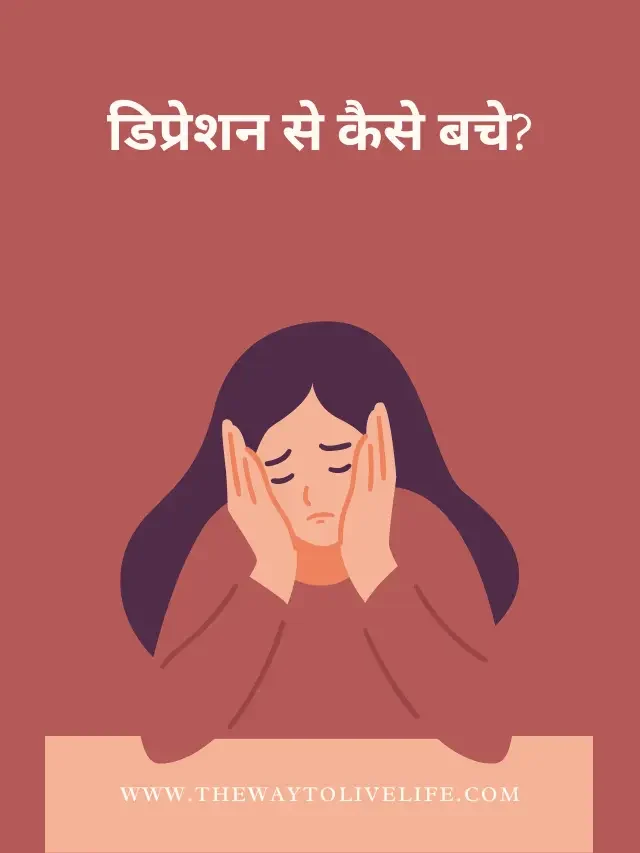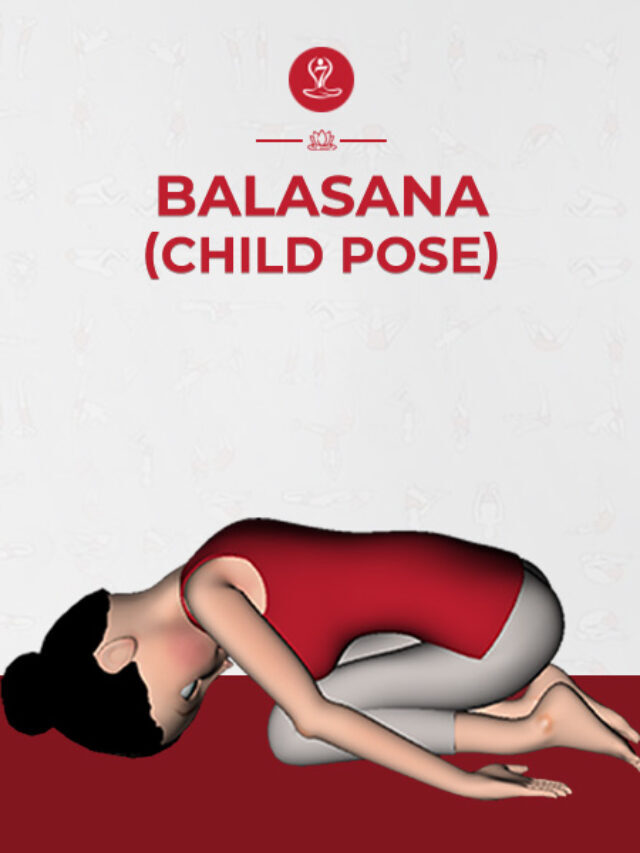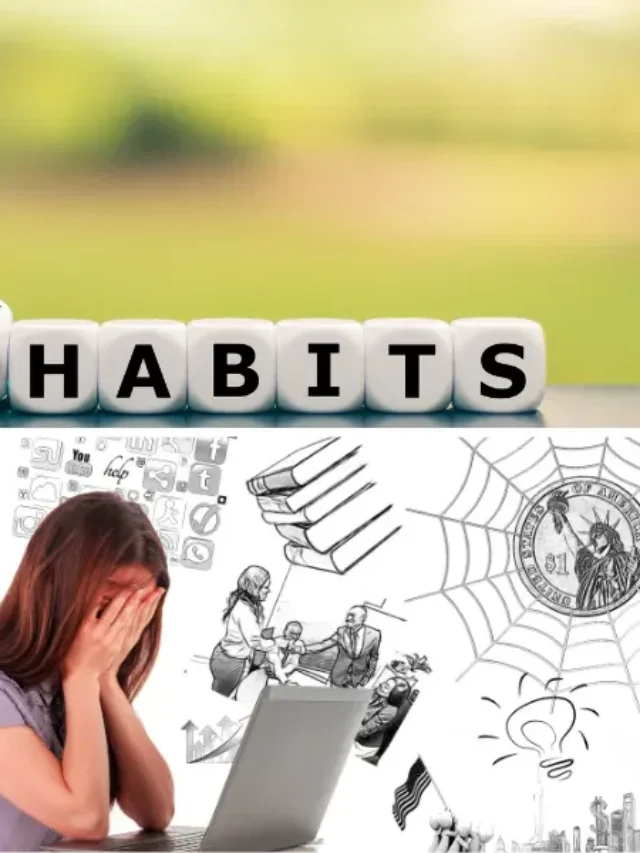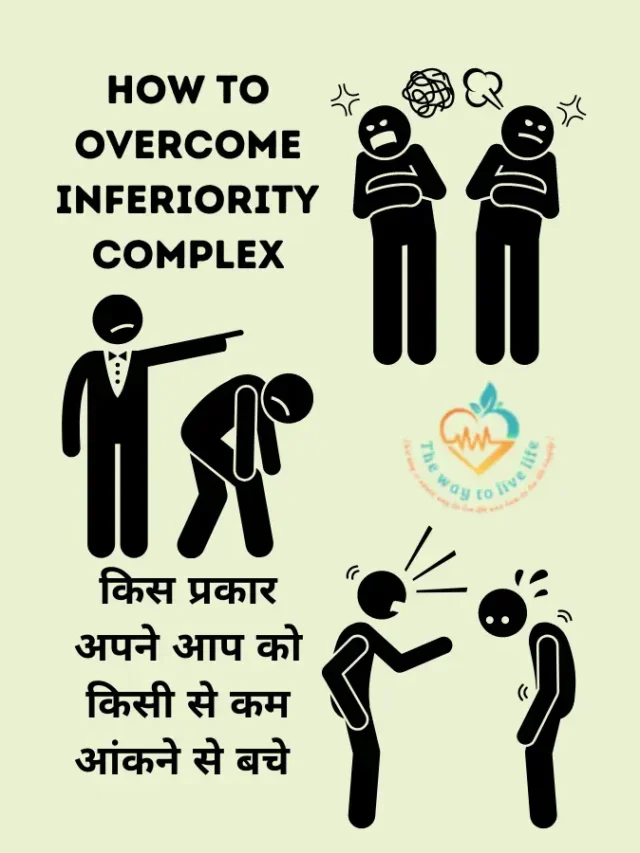Controlling people :
We always love our family, friends and colleagues, but is it really always or only when they behave the way we want them to???? Are we trying to control them in some subtle manner?? Is it good for our relationship, for us? Let us see…. From the teachings of BK Shivani
Do we like controlling people? Do we control our Well-wishers or family members ?
Yes, we control because we know what is right/ good for her/him.
we don’t like to control all, but if they listen to me, it is good for them.
Why do we control? What is our intention?
We want our kids to be good. We want people around us, our friends and family, to be good. Good is a very relative term, what is good for me, may not be good for another person, be it our child or any other person.
As a parent, we are responsible for our kids. In a family, we care for our family members. So for their good, we think we need to control them.
As a manager/ CEO/ any post, we are responsible for our team/ company. It is our duty to ensure work is done correctly in the right manner on time, every time with good quality. So we feel the need to control in order to achieve this target.
Some people control in order to feel powerful. They think when work is done in the way they want it to be or when people are the way they want to be, it is power, feeling strong within.
Some people want to control because they feel they are always right.
Some people feel insecure, so they try to control people around them in order to feel powerful.
What is control?
Control is when people listen and do what I want them to do.When they do so, I am happy, it pleases me, I am comfortable. So, control is purely selfish.
Generally kids below 13-14years of age, accept what we say and obey us, so we feel they are in our control. When they start using their intellect and take decisions (small/ big) and if that differs from our expectations or from what we feel is right, we feel they are out of control.
When friends/family and colleagues behave in a way, we feel incorrect, we say, “they are out of control”.
Control is being powerful to some people. Is it true?
NO, control is a big weakness. It depends on the other people who are being controlled. If they don’t prefer to be controlled, then the controller is in a mess, anger, frustration, irritation and a list of other negativeness.When I force people to obey me, they might obey out of fear/ compulsion/ majboori (no other choice).
When a husband shouts at his wife and enforces that things should be his way, the wife may listen to him
–> only to maintain peace at home,
–> only to show people that he is right (social reasons)
–> only for kids- so that they are not disturbed by parents fights
Controlling is a habit which has lead to many divorces. People are unable to accept others.
A project lead/ director/ manager/ senior members of a company always hold an upper hand over other staffs. But does this mean they can control others to get their work done? Is it a professional behavior to get work done by shouting or cornering people? Work may get done faster and better when people are controlled but this will not last long.
“Feeling powerful lies in self-control and not controlling others.”
How do we know if we are controlling someone?
We just need to check ourselves. We are generally very comfortable (mentally) when people behave or when work is done as per our expectations. If it happens the otherwise, still are we comfortable? If no, then we are getting into the wrong grove. Thoughts like, “how can he do this, is this the way to behave, she is not right, he does not know even this, how mean, very careless” and so on are indications of conflict. We get stressed. We are going out of control.
Suppose, Your kid is studying in 5th standard/ grade. You get to know that he had done some mischief in school like tearing books, telling lies to escape punishment, physically hurting friends due to some fights, etc. As a parent, it is your responsibility to correct him and ensure that he is good. your intention is very pure. But the mistake you make is:
1. Doubt him always
2. Keep advising him always
3. Keep discussing about his mistakes to others in family
4. Very often, keep talking to him about his faults and its effects on others
5. Terming him as a “bad boy/ rude boy/ liar/ rowdy”
Here we are trying to control him. All the above will only put his self confidence down and will make him a lonely boy.
All we need to do is first talk to him very affectionately about his school, his likes and dislikes at school, the reasons behind it, his friends and all activities related to his school. Praise him for his positives like good handwriting, attentiveness, helping nature, etc. Then just tell him assertively that the above mistakes are not good for his growth. Explain how it affects him and how it would be if his response to situations were positive. Give him the time to understand and act accordingly. He is sure to correct his mistakes and be a happy boy.
What do we generally do when we feel people/ kids are out of our control?
We react in such a way that, they are in our control, like, anger, silence, hurt or emotionally torturing people.
Example:
When a kid disobeys us, we shout in anger or completely stop talking to her/him, get upset.
When a teenage girl wants to go for a film with her friends, which we may feel is wrong, we try saying NO, but when disobeyed, we use words like, “never enter this house again”, or “I will leave the house if you don’t listen to me”.
When our colleagues disobey us, we use abusive language or at times, ignore them when necessary, which is nowadays called, “playing politics”.
Never use our position/ role as a reason to control people.(parent, manager, boss, lead)
Do I like to be controlled?
No, never, I want to do things my way. Others can advice or give me suggestions but the final decision is mine.
Note: When I want to be myself, will not everyone want to be the same?
Does controlling others help?
- Generally, we have very good intentions. We care for our family and friends and so we always want the best for them.
- But we should also remember that people always differ in their views.
- When we force people to do what we think is right, without listening to their opinions, it develops disrespect.
- In any relationship, parent-child, husband-wife, in-laws or friends, colleagues, when we try to control the other person, we are actually creating a big blockage in the relation.
- People/ kids will start hiding things from us, they will start lying and this will create resistance, conflict, hurt, distrust and disrespect.
- This is because, people always do what they think is right/good for them.
- No one can change the other, until and unless they want to change.
- At workplace, when the work is not completed on time or the way it should be, we immediately get in touch with the respective people and blast them. By doing so, we get the work done quickly. We start using this method of controlling, to get our work done to many people like, watchman, servants, colleagues, children, drivers, etc. But by doing this, we are actually growing weak. How long can people prefer to be controlled by us? Once, twice, thrice or 10 times? Very soon, he would either quit his job or stay inert to our behavior.
The more unstable we are within, the greater will be the need for us to control others, in-order to feel powerful. When people continue to differ from us, we keep trying to control them more and hence we become weaker and weaker within.
There are many people who just cannot let others be the way they want. They feel restless/ uncomfortable when things/ people are not in the way they feel is right.
Controlling is a very big addiction which causes serious health problems. Migraine, high BP, heart problems and other disorders have their root cause in our emotional weaknesses.
So what do we do now?
- Never try to control people/ kids. Instead, try to understand them from their perspective.
- Try to stay calm, stable and understand the reason of their decisions.
- Respect their views and opinions.
- Appreciate them for thinking differently (if applicable). We may not be always right.
- If we feel it wrong/ inappropriate for them, then put forth our views in a very positive and assertive manner. Suggest them various options. Now, this shows that we really care for them and not just protesting against them.
- Try to explain the pros and cons of all the options.
- Still, if they differ from us, give them sometime to think and be patient.
- If they continue to hold onto their decision/ opinion, then it always beneficial for us to let them go their way and yet be supportive to them whenever needed.
- By responding this way, we become more reliable and understanding. Our relation grows stronger. People will be more friendly and true to us. They will always have a feeling of love and trust.
“It is impossible to control people and situations without controlling ourselves first. A calm and a stable mind can provide positive solutions to any problem be it big/ small”
Example1:
In a company or in a house, if someone is dishonest and we get to know about this. What do we do? Our intention is only to correct the act. There are 2 ways of dealing with this.
Call him and shout at him in front of everyone. Make him feel guilty. Show to the entire crowd that he has been dishonest and never ever believe him again. Punish him and finally tell him that this behavior will be unacceptable the next time. What would be the outcome?
a) We are stressed first, we create huge no of negative thoughts like, “What nonsense has he done? Is this for what he is paid? He has cheated me, how can I believe him in future? His friends also must be of the same kind, let him come, I’ll sue him today” and so on..
b) The person who has done the mistake will feel rejected. He will be in great pain, hurt and hatred. He will not be interested in working with the group again. He may also have thoughts of revenge.
Stay stable and accept the situation. Understand that he must have some reason behind this. Call him personally and speak to him in a polite but assertive manner. Appreciate him for his good features. Get to know the reason behind his act. Empathize with him. Explain to him the loss that has happened because of his dishonesty. Help him in all possible ways. Now, let him know that this behavior will be unacceptable by the management, the next time. What would be the outcome now?
a) Since we were stable within, we accept him as a person. He also understands this and will feel sorry for his act. There are high chances of the person to accept our advice, realize and change himself for his own good. If he continues to be dishonest or leaves the job, we can take appropriate action and find a replacement.Even now, we remain stable and calm. This is influencing a person and not controlling.
Example2:
Every parent wants his child to live a happy and peaceful life. Their intentions with regard to the child are always pure. In a family, if a daughter of 20 years is in love with some boy and wants to marry him. The day she reveals this to parents, they will start inquiring about the guy. If the parents feel that their daughter would not be happy with him or feel him to be the wrong one for their daughter (reasons may be character, education, salary, family background, any disorder, family politics, caste, color, etc), this can be dealt in 2 ways.
1. Firmly tell to the girl that he is not the right guy and this marriage will never ever happen. The girl opposes with N no of reasons. Since the parents are firm on their decision, they force the girl to quit her studies/ job. They arrange for part- time courses or work from home jobs. They can snatch off her mobiles, internet connections. Always spy on her and get to know her doings. They use abusive language to her like, “You have cheated us, we lost trust in you, you have brought a big insult to our family, what have we not done for you, you are the cause of our pain, if you marry him, I will kill myself, etc”. Fix another guy whom they think is right and force her to marry or let her to be single until she changes her mind. What are the consequences of this?
a) First, the girl feels dejected and rejected. She feels that her parents whom she has always looked upon as her best friend, is now unable to understand her. Since her freedom is totally snatched away, she feels controlled, as though in a jail. Now she starts to look at her parents as a hindrance to her happiness. So, she decides to find some way to get out of the house through some means and do what she thinks is right for her. Some children also commit suicide due to this depression. Is this what the parents wanted? Their intentions were very genuine but were it presented in the right way?
2. The parents remain calm and stable within. They look at their daughter as the same loving child. They converse with their child like a friend. They inquire about all the details regarding the guy, meet him and his family. Get to know their intentions and their expectations. If they still feel him not to be a good partner for their child, then talk to their daughter in a very loving and understanding manner as to what led her this way. Try to understand her feelings. Explain to her why they feel her not suitable for the guy. Talk to her for many days, in an affectionate manner the pros and cons of her and their decision. Explain the practical life and be patient with her. Later, still if she is staunch on her decision, it is beneficial for both of them to let her go her way and yet be very supportive, loving and caring as they were before. What are the consequences now?
a) With this approach, the parents and the child remain mentally stable, so they are comfortable in discussing about this issue. The girl feels that her parents want only her happiness. (This is not control.) She tries to understand from their perspective too. The entire family thinks logically and works on the child’s happy life. Even if the girl decides to continue with her decision and gets her parents support, she will feel blessed and happy. If at all, she faces some problems in future, parents need to show the same support and affection as before.
“When opinions and advises are given for our comfort, it is control, when the same is given purely for others benefit, it is influence.”
Now, do I like controlling people? Do I want to control my child?
No, I get nothing out of it. At home, relationships matter the most. When I try to control my family members and force them to do what they feel is not required, it affects my relationship with them. At work too, when I try to control, people may obey my orders only out of fear/ compulsion and not respect. I start losing my friends and colleagues. Most importantly, I feel nervous, irritated and out of control. So, NO CONTROLLING PEOPLE.
I will share my views and opinions with family and let them choose their actions. I will give instructions and suggestions to my colleagues and yet be supportive with their way of work too. “I need not be right always”.
“Our supreme controller, GOD, the controller of the entire universe, Himself does not control us directly. He always gives us a choice and is always there to help and guide us in all circumstances.”
If this blog has been informative to you, please share it with everyone. Let us begin to influence people, not control.
THANK YOU
















